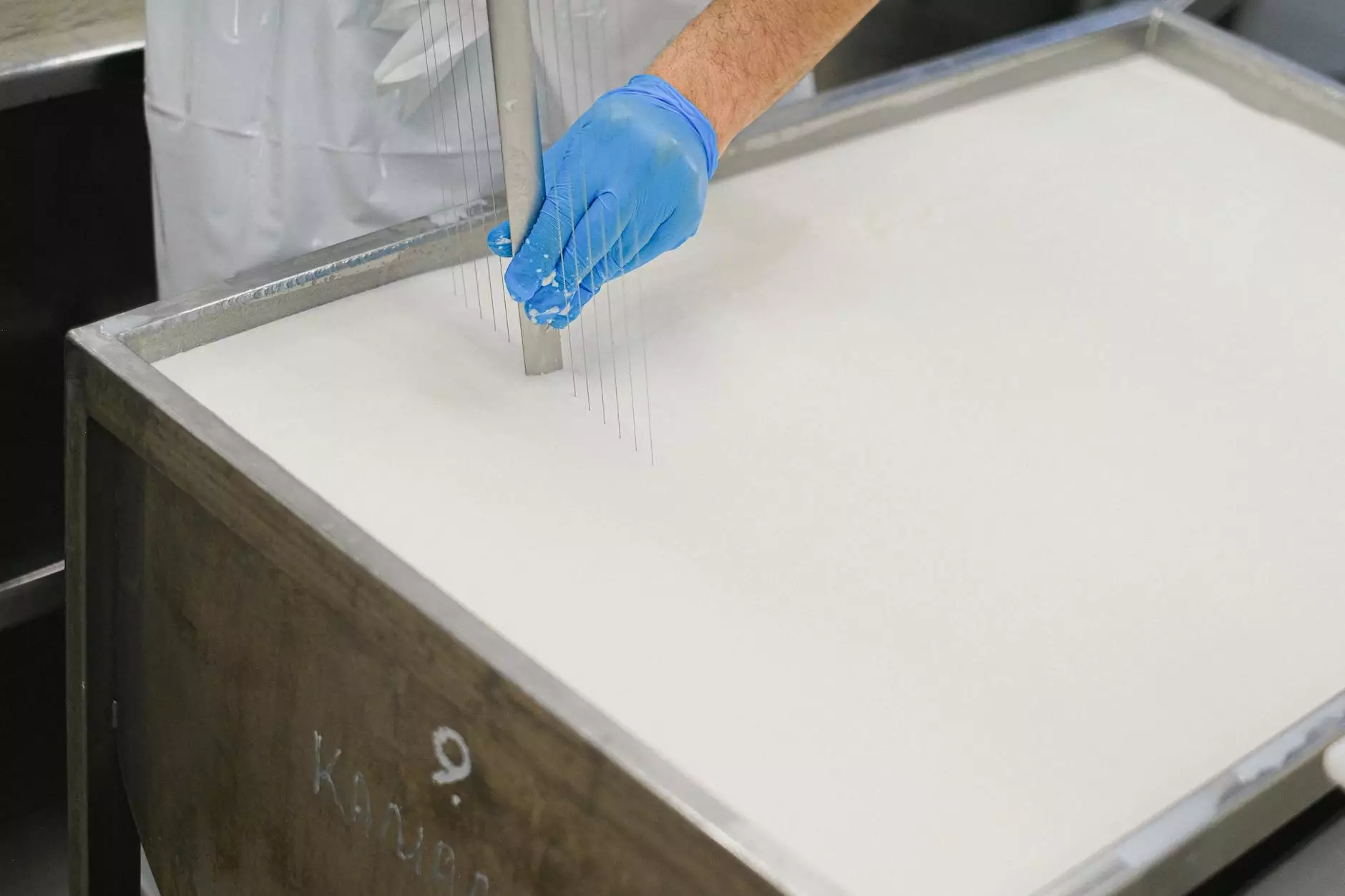Understanding the Role of Car Spare Parts Manufacturers

The automotive industry is a vital component of today's economy, driven by an ever-increasing demand for both vehicles and high-quality spare parts. Within this realm, car spare parts manufacturers play an instrumental role, ensuring that vehicles are maintained for performance and safety. In this article, we will explore the dynamics of the spare parts manufacturing industry, highlight notable manufacturers, and discuss the innovations driving this sector.
The Importance of Quality in Spare Parts Manufacturing
Quality in manufacturing is not merely a standard; it is an expectation. Customers look for reliability, durability, and safety in every part that goes into their vehicle. As such, car spare parts manufacturers are committed to upholding strict quality control measures to meet industry standards. Here's why quality matters:
- Safety: Faulty spare parts can lead to accidents, endangering drivers and passengers alike.
- Performance: Quality parts ensure optimal functionality of automotive systems, enhancing the overall driving experience.
- Longevity: Durable parts reduce the frequency of replacements and repairs, saving customers time and money.
- Warranty and Support: Reputable manufacturers often provide warranties, reflecting their confidence in their products.
Leading Car Spare Parts Manufacturers in the Industry
The landscape of car spare parts manufacturers is vast and varied. Here, we recognize some of the most esteemed companies known for their exceptional products and services.
1. Bosch
Bosh is a name synonymous with quality in the automotive industry. Renowned for its innovative technologies, Bosch manufactures everything from brake systems to fuel systems. Their commitment to research and development ensures their products are at the forefront of technology, making them a leading choice among automotive professionals.
2. Denso
Denso, a Japanese manufacturer, is well-regarded for its comprehensive range of auto parts such as air conditioning systems and engine components. With a strong focus on sustainability and reducing environmental impact, Denso also emphasizes the importance of eco-friendly practices in their manufacturing processes.
3. ACDelco
Part of the General Motors family, ACDelco is famous for its extensive inventory of quality auto parts. Their commitment to performance and reliability has made them a favorite for both DIY enthusiasts and professional auto technicians. They provide a wide range of products including batteries, brakes, and filters.
The Manufacturing Process: How Car Spare Parts Are Made
The journey of a car spare part from conception to final product involves multiple stages, all of which are crucial for ensuring quality and performance. Understanding this process gives insight into how car spare parts manufacturers uphold their standards.
1. Design and Engineering
Every part begins with a design. Engineers and designers collaborate to create specifications that meet the needs of the market. This stage involves:
- Computer-Aided Design (CAD): Advanced software is used to create prototypes.
- Testing and Validation: Initial designs undergo rigorous testing to assess performance and durability.
2. Material Selection
Choosing the right materials is paramount. Different parts may require unique materials that can withstand various conditions. Common materials include:
- Aluminum: Lightweight and resistant to corrosion, ideal for engine components.
- Plastic composites: Often used in interior components for their lightweight and flexibility.
- Steel: Commonly utilized for its strength in parts such as frames and suspension systems.
3. Manufacturing Techniques
Once the design and materials are finalized, the manufacturing process kicks in. Various techniques include:
- Casting: Molten metal is poured into molds to form different parts.
- Machining: Parts are shaped using cutting tools for precision.
- Injection Molding: Plastic parts are formed by injecting molten plastic into molds.
4. Quality Control
After manufacturing, each part undergoes strict quality control measures, including:
- Functional testing to ensure performance standards are met.
- Dimensional inspection to verify parts meet specification tolerances.
- Prolonged durability testing to assess long-term reliability.
The automotive industry is dynamic, with continuous advancements reshaping the landscape of spare parts manufacturing. Key trends include:
1. 3D Printing
3D printing technology is changing the way parts are manufactured. It allows for rapid prototyping and the production of complex geometries that traditional methods cannot achieve. This technology also optimizes inventory management, reducing waste and costs.
2. Sustainable Manufacturing
As environmental concerns grow, more manufacturers are adopting sustainable practices. This involves sourcing materials responsibly, minimizing energy consumption, and ensuring products can be recycled at the end of their life cycle.
3. Digitalization
The integration of digital tools and technologies in manufacturing processes increases efficiency and accuracy. From automated quality checks to supply chain management, car spare parts manufacturers must embrace digital transformation to remain competitive.
Choosing the Right Supplier: What to Look For
When sourcing spare parts, selecting a reliable supplier is critical. Consider the following factors:
- Reputation: Research supplier ratings and customer reviews to gauge reliability.
- Certifications: Check for certifications such as ISO, which reflect adherence to quality management standards.
- Warranty and Support: A good warranty signifies confidence in the product quality and serves as protection for the buyer.
- Range of Products: A wide selection indicates a manufacturer’s capability to meet various needs.
- Innovation: Choose manufacturers who are leaders in innovation to benefit from the latest technologies.
The Future of Car Spare Parts Manufacturing
As we look ahead, the future for car spare parts manufacturers appears bright. Advancements in technology, combined with a growing focus on sustainability and efficiency, will continue to reshape the automotive landscape. Factors such as globalization and market demands will drive manufacturers to adapt and innovate constantly.
Innovation in Telematics
Telematics systems are becoming increasingly important in modern vehicles, offering manufacturers insights into how parts are performing in real-time. This data can prompt timely maintenance and improvements in future designs.
Electric Vehicles (EV) and Their Impact
The rise of electric vehicles presents unique challenges and opportunities for spare parts manufacturers. As the industry shifts away from internal combustion engines, manufacturers must pivot to meet the demands for new components, such as battery systems and electric drive trains.
Conclusion: The Essential Role of Car Spare Parts Manufacturers
In conclusion, car spare parts manufacturers are essential players in the automotive industry, contributing significantly to vehicle performance and safety. By understanding their role, innovations, and the importance of quality, stakeholders can make informed decisions about sourcing spare parts.
As the industry evolves, these manufacturers will continue to adapt, ensuring they meet the needs of consumers and remain at the forefront of automotive technology. Whether you're a consumer seeking reliable spare parts or a professional in the automotive sector, recognizing the significance of these manufacturers will enable you to appreciate the value they bring to the marketplace.









